15 Arduino Medical Projects (2024 Updated)
Table of Content
Arduino has opened up a new world of possibilities in medical technology. This open-source electronics platform provides a flexible and cost-effective solution for creating medical devices and systems that can be tailored to meet specific needs.
In this article, we will explore 15 Arduino-based medical projects that demonstrate the versatility and potential of Arduino in the healthcare industry.
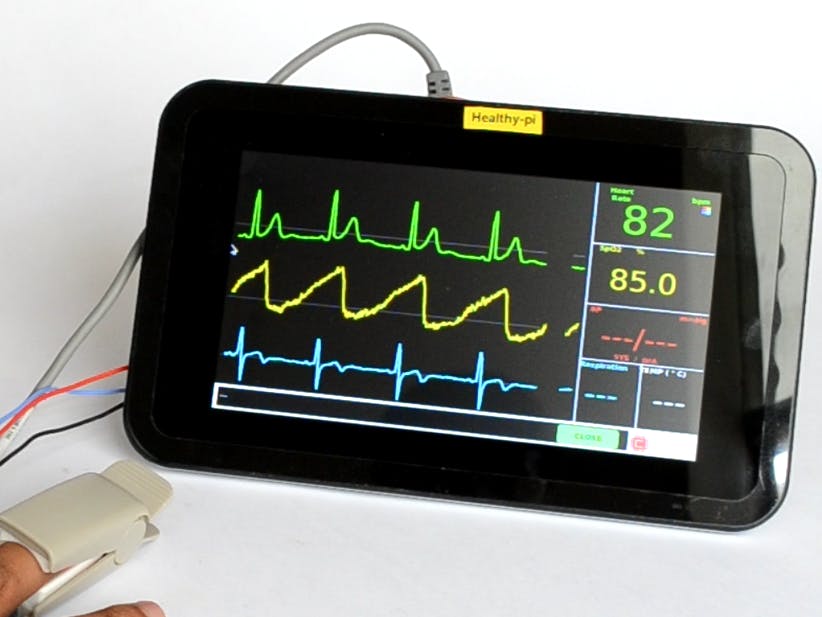
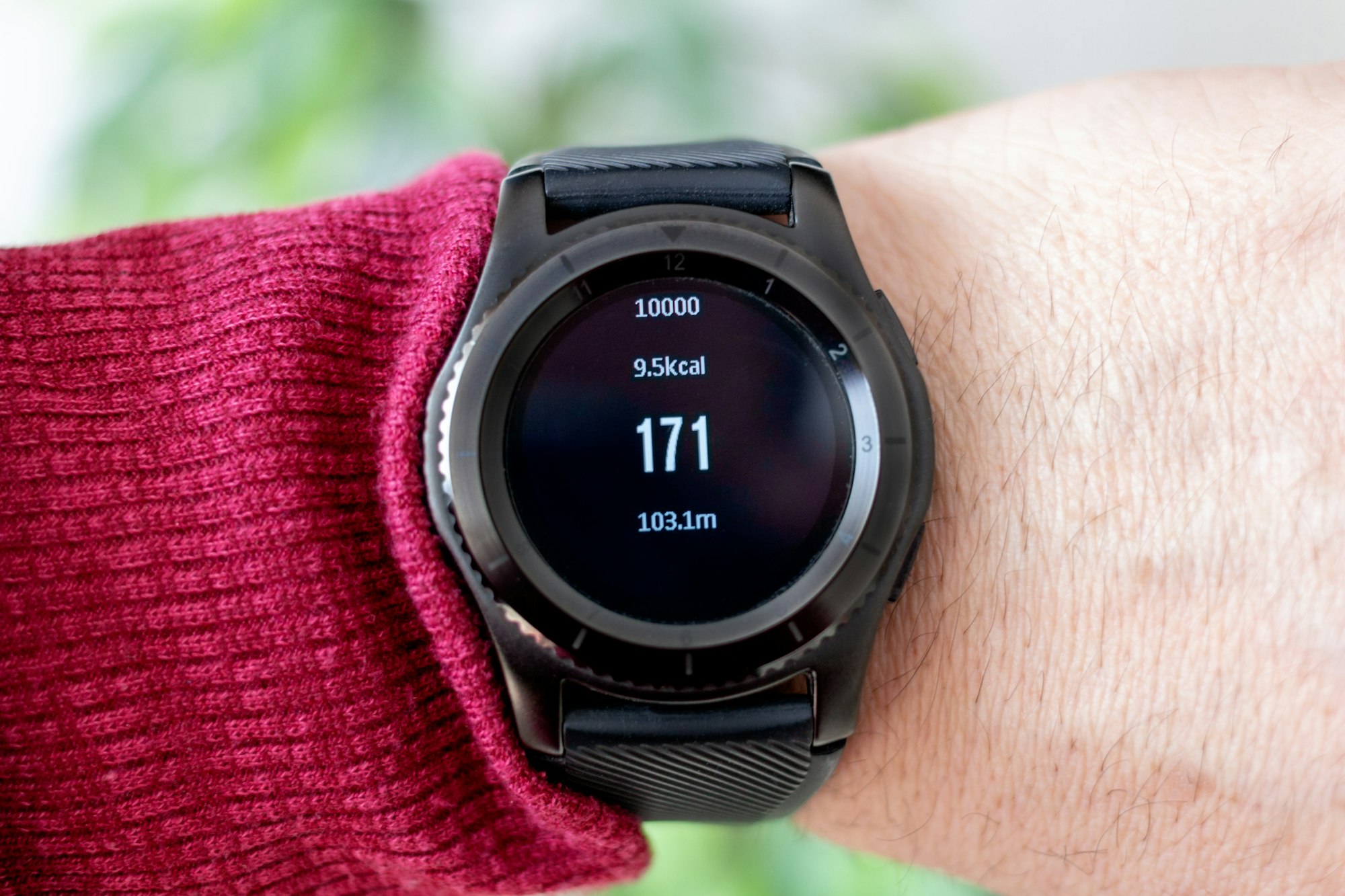
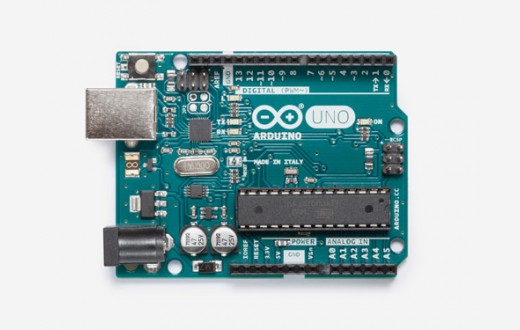
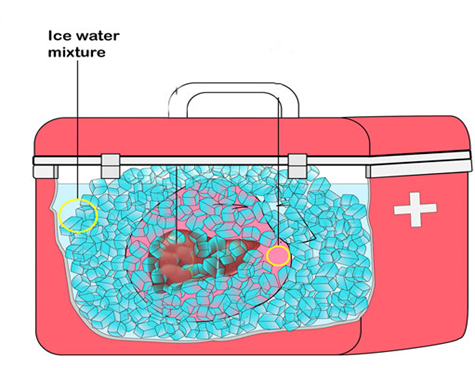
These projects range from simple sensors to complex systems and showcase the innovative ways in which Arduino can be used to improve health outcomes and quality of life for individuals with various health conditions.
1- Electronic Pill Dispenser
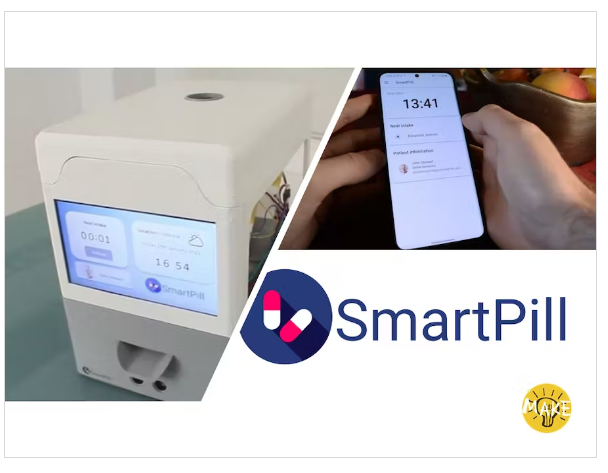
This Arduino-based device is programmed to dispense the proper medication dosage at the right time. This device reduces the risk of missed doses and overdoses and can also provide alerts to remind patients to take their medication.
With this device, individuals can manage their medication regime more effectively and reduce the risk of health complications.
2- Heart Rate Monitor
A heart rate monitor is an Arduino-based device that can be developed using pulse sensors. The device can track heart rate during exercise, monitor variability, and identify arrhythmias. With the ability to track heart rate, individuals can monitor their cardiovascular health and adjust their lifestyle or medication.
This device can benefit individuals with heart conditions who regularly monitor their health.
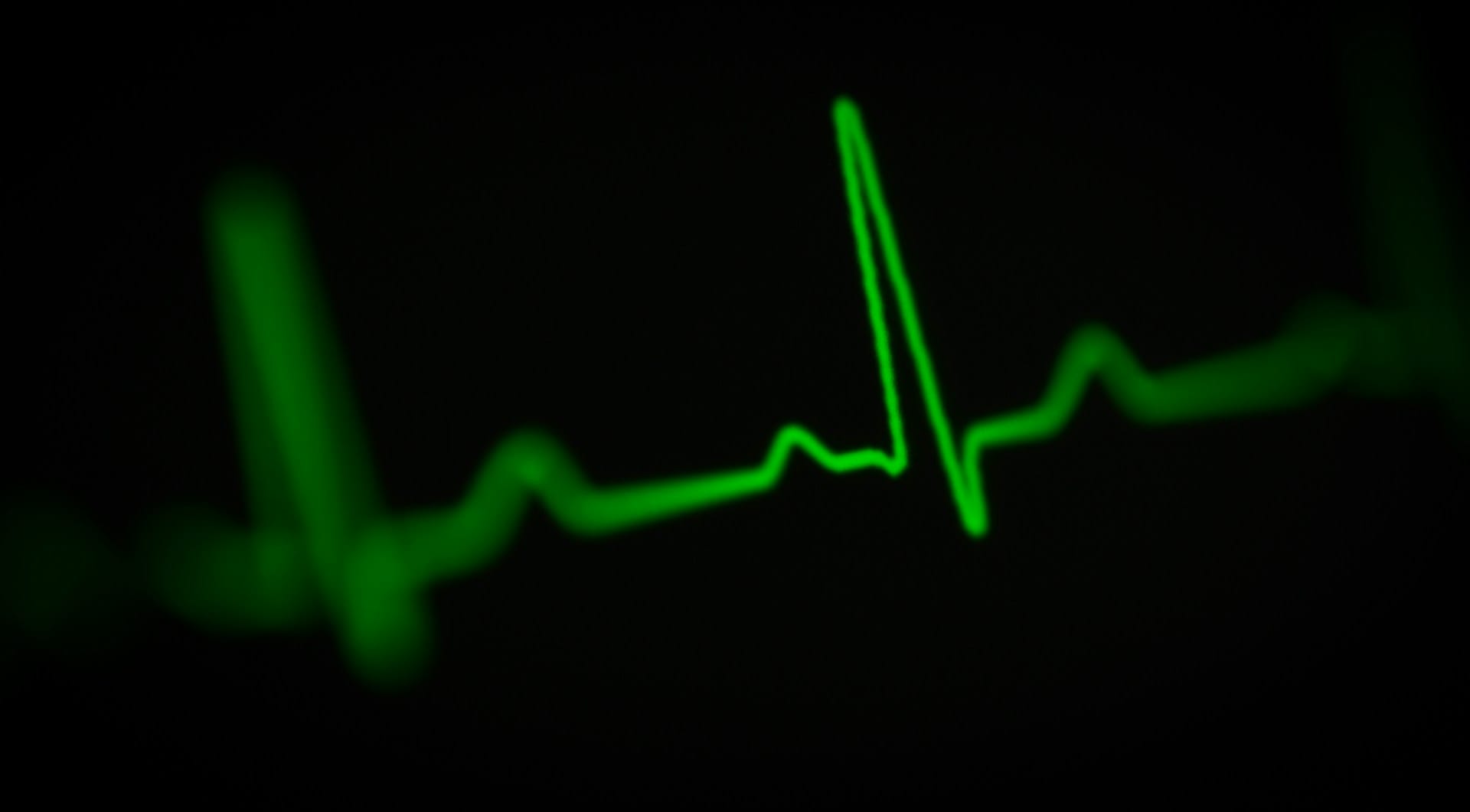
3- Blood Glucose Meter (DiaFit)
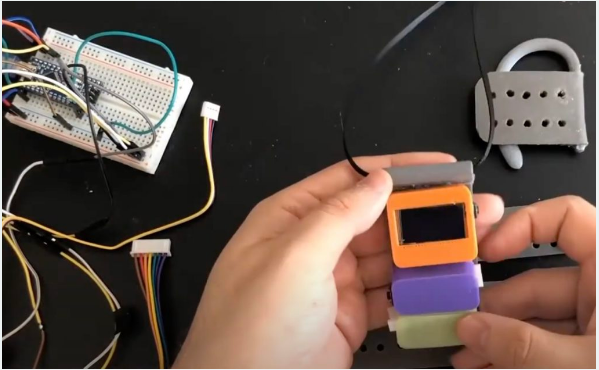
An Arduino-based blood glucose meter can be developed to monitor blood sugar levels. The device can be programmed to provide alerts when blood sugar levels reach dangerous levels, helping people with diabetes manage their condition more effectively.
With this device, individuals can easily monitor their blood sugar levels and adjust their diet or medication as necessary.
This can help individuals with diabetes to manage their condition more effectively and reduce the risk of health complications.
Best 7 Biometric Sensors Heart Monitor Sensors For Building Heart Monitors with Arduino
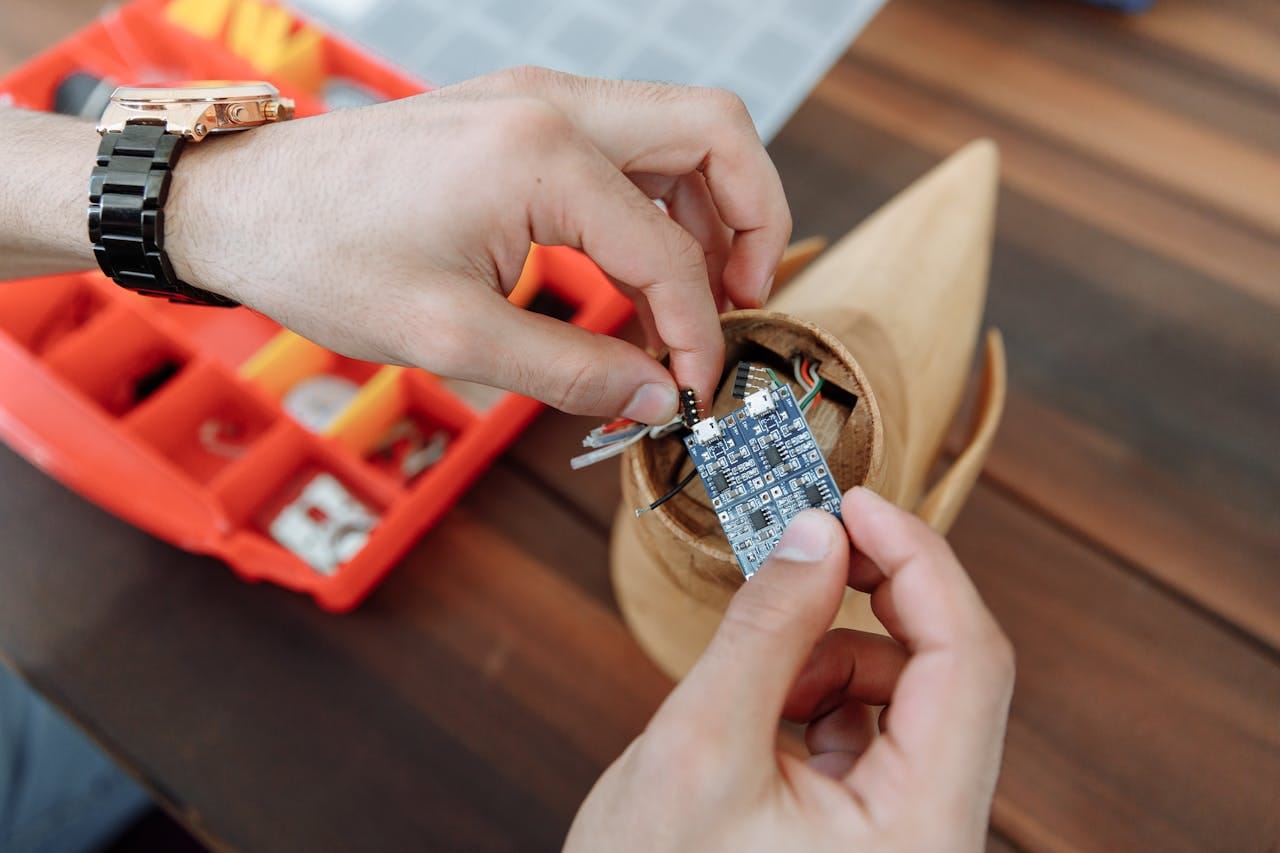
4- Arduino Based ECG & Heartbeat Monitoring Healthcare System
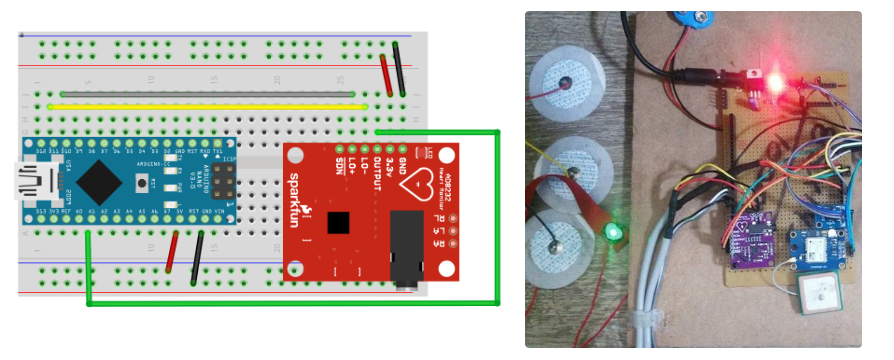
The Arduino-based electrocardiogram (ECG) monitor is a device that can be developed using ECG sensors. The device can detect irregular heartbeats, diagnose heart conditions, and monitor heart health.
With the ability to detect irregular heartbeats, individuals can seek medical attention before the situation becomes critical, reducing the risk of health complications.
5- Oxygen Monitor and Analyzer
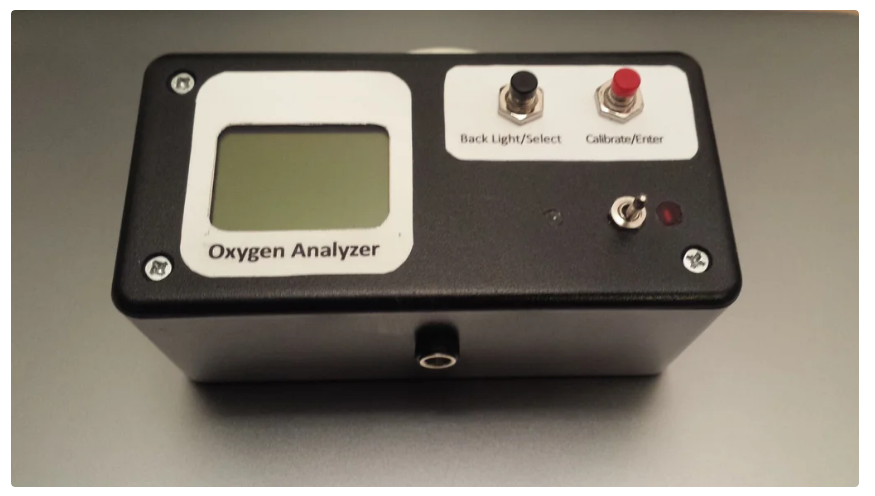
An Arduino-based oxygen monitor device that can measure the oxygen saturation in the blood. The device can monitor respiratory health, particularly in patients with respiratory illnesses. With the ability to monitor oxygen levels, individuals can identify potential health problems and seek medical attention before the situation becomes critical.
This can be particularly useful for individuals with respiratory illnesses, such as COPD, who must monitor their respiratory health regularly.

6- Smart Thermometer
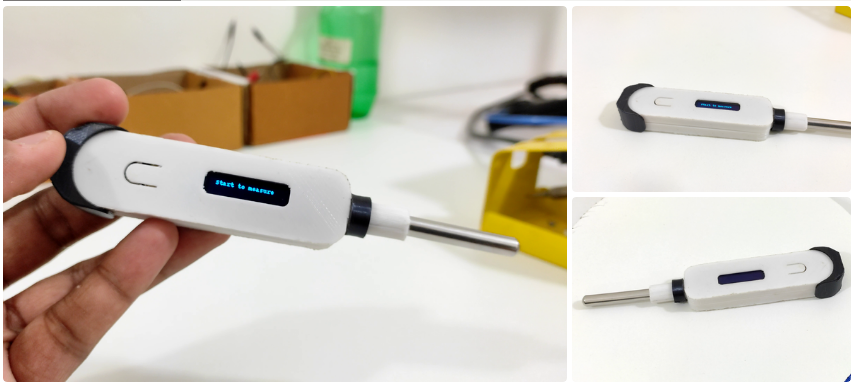
An intelligent thermometer is an Arduino-based device that can be developed using temperature sensors. The device can monitor body temperature, detect fever, and track temperature changes over time.
With the ability to monitor temperature changes, individuals can identify potential health concerns and seek medical attention if necessary. This device can be handy for parents who need to monitor their child's temperature regularly.
7- Assistive Communication Device
An assistive communication device is an Arduino-based device that can be developed using sensors to help individuals with communication difficulties.
The device can be programmed to interpret head movements, eye movements, or other physical cues to generate speech or other forms of communication.
With the ability to generate speech or other forms of communication, individuals can communicate effectively with others and improve their quality of life.
Here are two examples:
- LipSync is an Arduino-based assistive device for smartphone use
- Speak4Me is an eye-to-speech module designed to assist those unable to communicate verbally
8- Pulse Oximeter
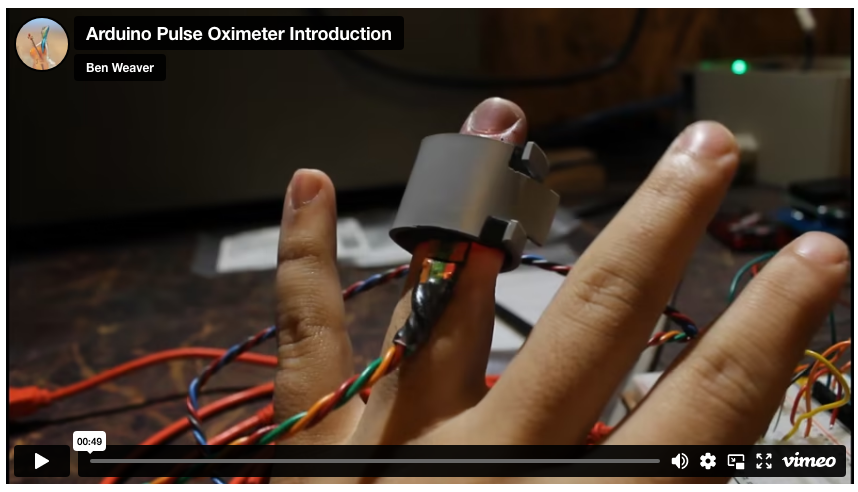
A pulse oximeter is an Arduino-based device that can be developed using pulse sensors and an OLED display. The device can measure the blood's oxygen saturation and display it on the screen.
With the ability to monitor oxygen levels, individuals can identify potential health problems and seek medical attention if necessary.
9- EEG Monitor
An electroencephalogram (EEG) monitor is an Arduino-based device that can be developed using EEG sensors. The device can detect abnormal brain activity, diagnose neurological conditions, and monitor brain health.
With the ability to monitor brain activity, individuals can seek medical attention before the situation becomes critical, reducing the risk of health complications.
10- Prosthetic Hand
A prosthetic hand is an Arduino-based device that can be developed using servo motors and flex sensors. The device can be programmed to respond to muscle movements in the residual limb and control the movement of the prosthetic hand.
With the ability to control the prosthetic hand, individuals with amputations can perform daily activities more effectively and improve their quality of life.
11- Smart Inhaler
An intelligent inhaler is an Arduino-based device that can be developed using pressure sensors and Bluetooth connectivity.
The device can monitor inhaler usage, track medication adherence, and provide reminders to take medication.
With the ability to monitor inhaler usage, individuals with respiratory conditions can manage their condition more effectively and reduce the risk of health complications.
12- Fetal Heart Rate Monitor
A fetal heart rate monitor is an Arduino-based device that can be developed using ultrasound sensors. The device can monitor fetal heart rate during pregnancy and provide alerts if abnormalities are detected.
With the ability to monitor fetal heart rate, expectant mothers can identify potential health problems and seek medical attention if necessary. You can review the PDF here.

13- Sleep Monitor
A sleep monitor is an Arduino-based device that can be developed using EEG sensors and an OLED display. The device can track sleep patterns, monitor brain activity during sleep, and identify sleep disorders.
With the ability to monitor sleep patterns, individuals can identify potential sleep disorders and seek medical attention if necessary.
14- Body Fat Calculator
A body fat calculator is an Arduino-based device that can be developed using bioimpedance sensors.
The device can measure body fat percentage, track changes in body fat over time, and provide alerts if body fat levels become dangerous. With the ability to monitor body fat levels, individuals can manage their weight more effectively and reduce the risk of health complications.
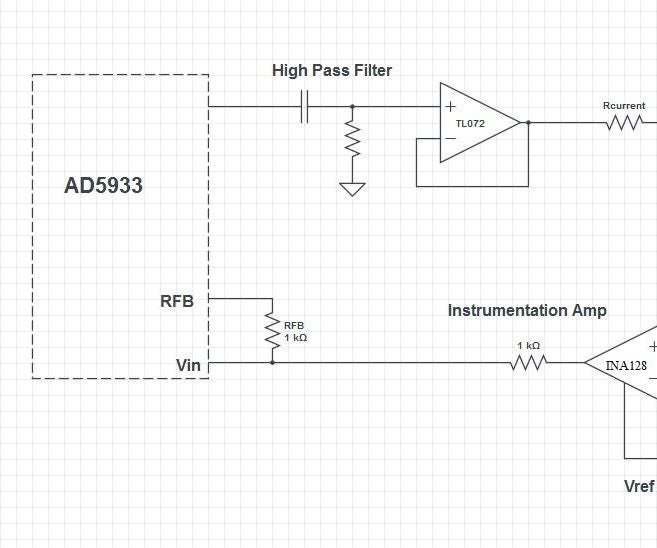
15- Smart Bandage
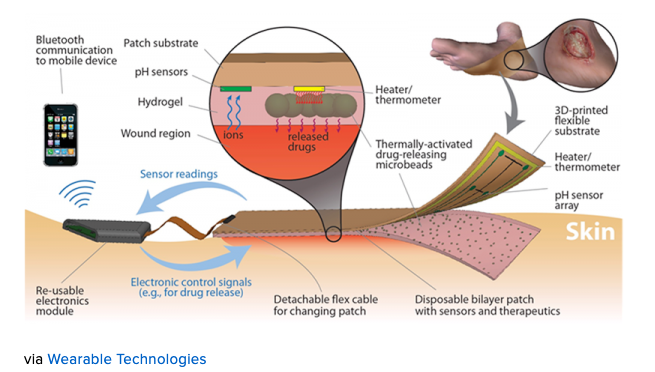
A smart bandage is an Arduino-based device that can be developed using temperature sensors, pressure sensors, and Bluetooth connectivity.
The device can monitor wound healing, track changes in temperature and pressure, and provide alerts if infection or inflammation is detected.
With the ability to monitor wound healing, individuals can manage their wounds more effectively and reduce the risk of complications.
- 10 Raspberry Projects For Education
- Top 15 Raspberry Pi Medical and Healthcare IoT Projects With Arduino (EMR, PACS, DICOM, & Patient Monitoring)
- 16 Open-source Projects to Build a CCTV System With Raspberry Pi
Common FAQs about Arduino Medical Projects
1. What is Arduino, and how is it used in medical projects?
Arduino is an open-source electronics platform that creates cost-effective medical devices and systems. It can be used in various medical applications, from monitoring vital signs to developing assistive devices.
2. What are some benefits of using Arduino in the medical field?
Arduino provides customizable solutions tailored to meet specific needs, democratizing medical technology and making it available to more people. Additionally, Arduino is flexible and cost-effective, allowing innovative medical devices and systems to be created.
3. Are Arduino-based medical projects safe and effective?
Arduino-based medical projects are safe and effective when designed and implemented correctly. These projects undergo rigorous testing and development to meet safety and performance standards.
It is essential to follow instructions carefully and seek advice from healthcare professionals when using medical devices, including those based on Arduino technology.
Final Note
The 15 Arduino-based medical projects we have discussed demonstrate the potential of Arduino to revolutionize healthcare. These projects provide accessible and customizable solutions that benefit patients and healthcare providers alike.
By harnessing the power of open-source technology, Arduino can democratize medical technology and make it available to people who might not have access to traditional medical devices and systems.
Overall, these projects showcase the innovative way's technology can improve health outcomes and quality of life for individuals with various health conditions.
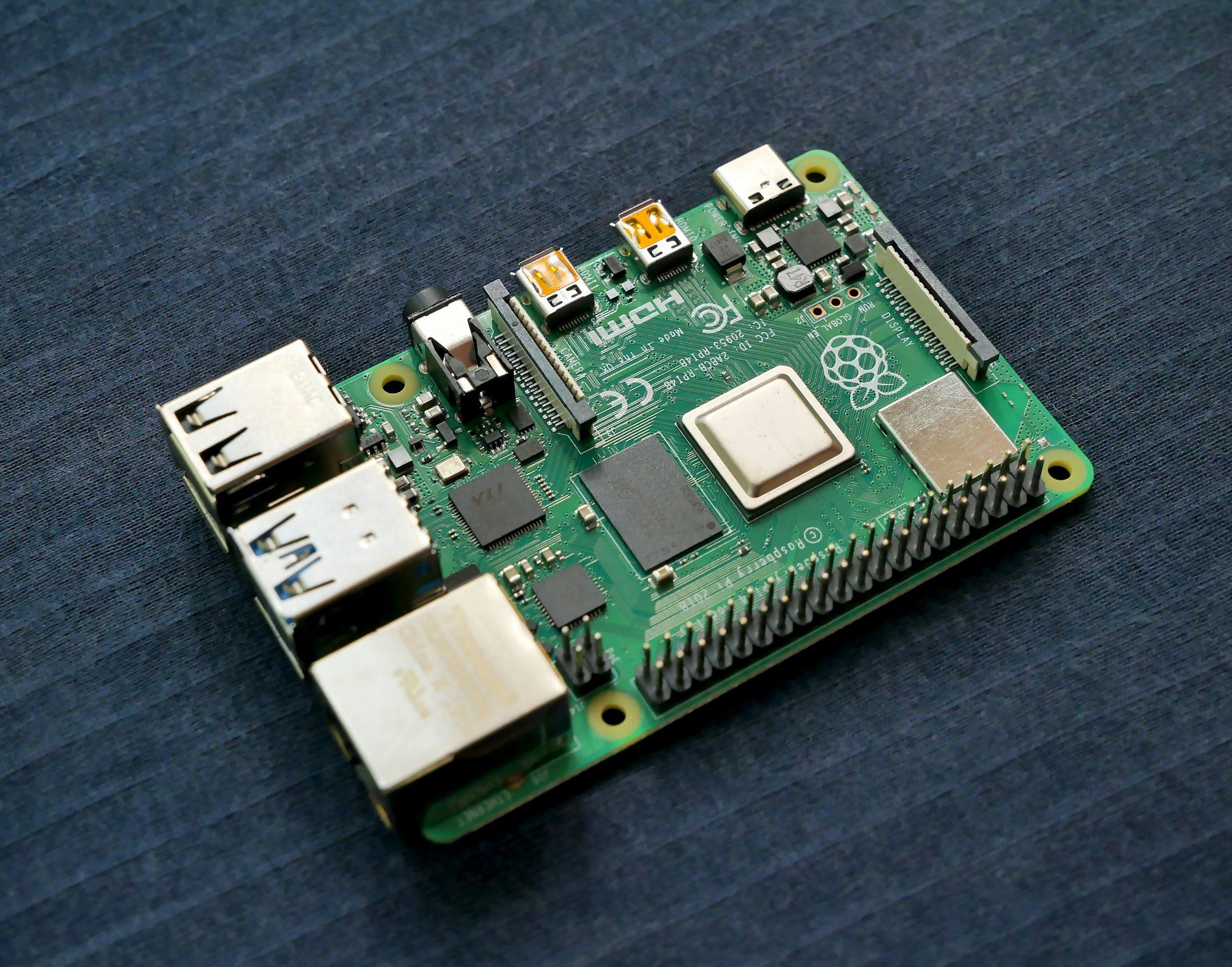
16 Open-source Projects to Build a CCTV System With Raspberry Pi













